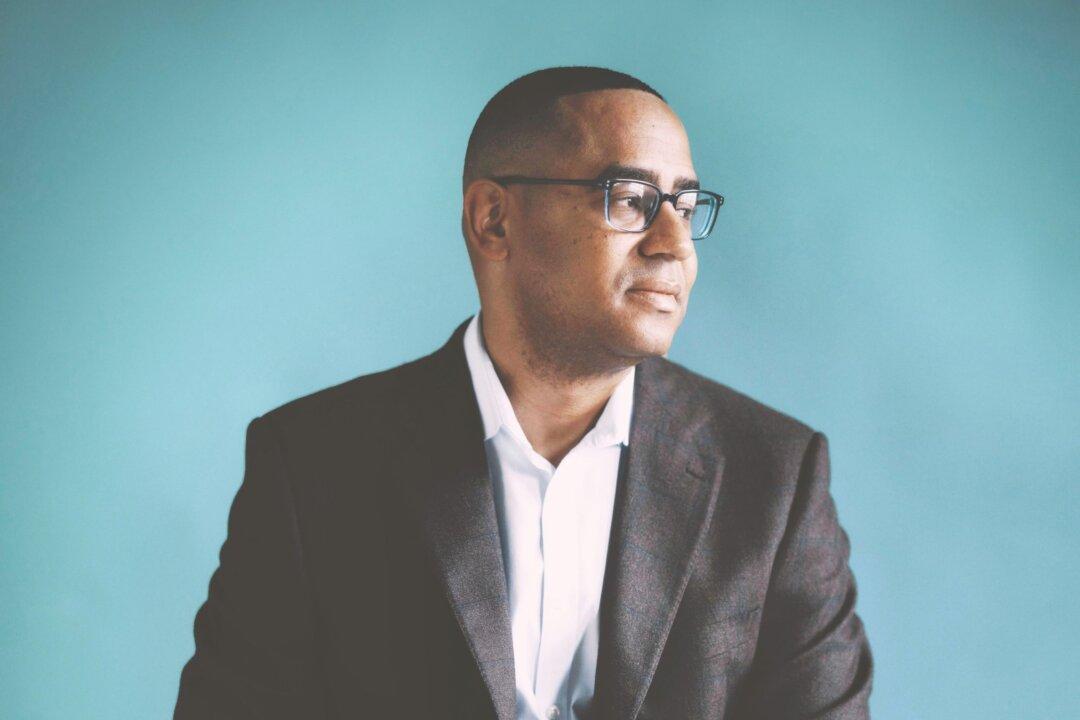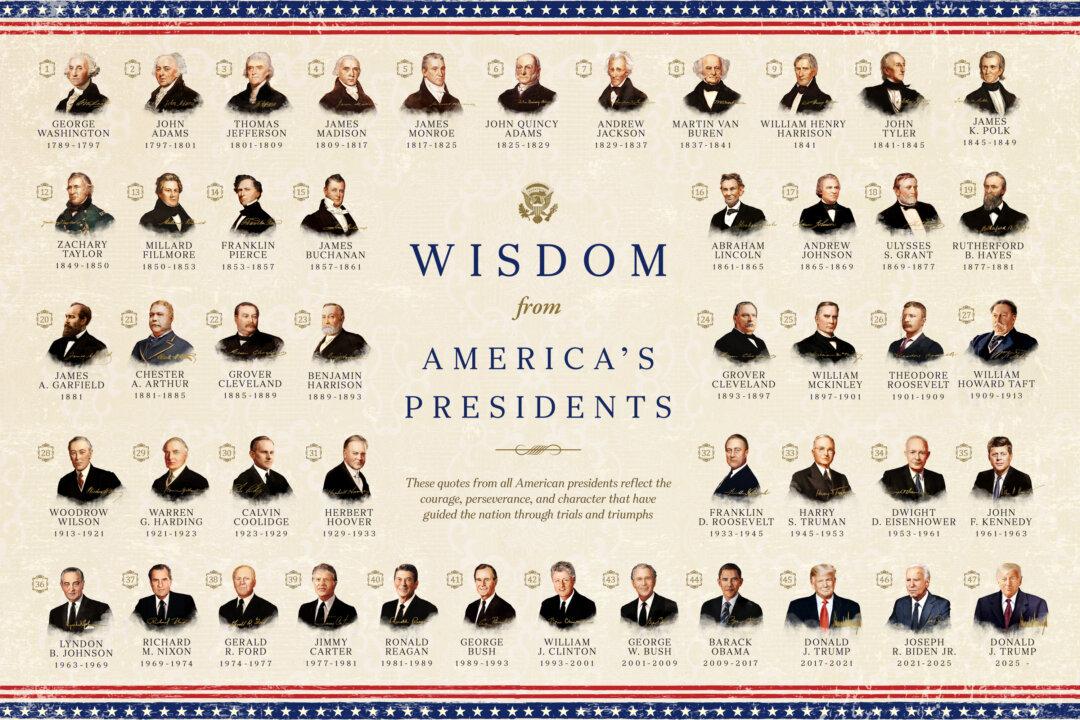Ronald Olivier’s story reached its climax when he was able to seek forgiveness from the mother of the boy he killed.
Mr. Olivier was only 16 years old when he shot and killed a 14-year-old who grabbed his jacket while he was boarding a bus. He didn’t recognize the boy, but he did recognize some other guys who were there with the kid, and they had been following him. Without thinking, he pulled out his gun and fired, killing the boy instantly—sadly, a not-so-rare scene in the crime-ridden New Orleans of 1991.
While serving his prison sentence, Mr. Olivier turned to God, which changed him fundamentally from the inside out. After decades of living a spiritual life behind bars, he was praying for a chance to talk to the mother of his victim.
It finally happened during a 2016 parole hearing, 25 years after the murder happened. He was granted a parole hearing after the U.S. Supreme Court ruled in Miller v. Alabama that condemning a minor to life in prison, like in Olivier’s case, was unconstitutional.





